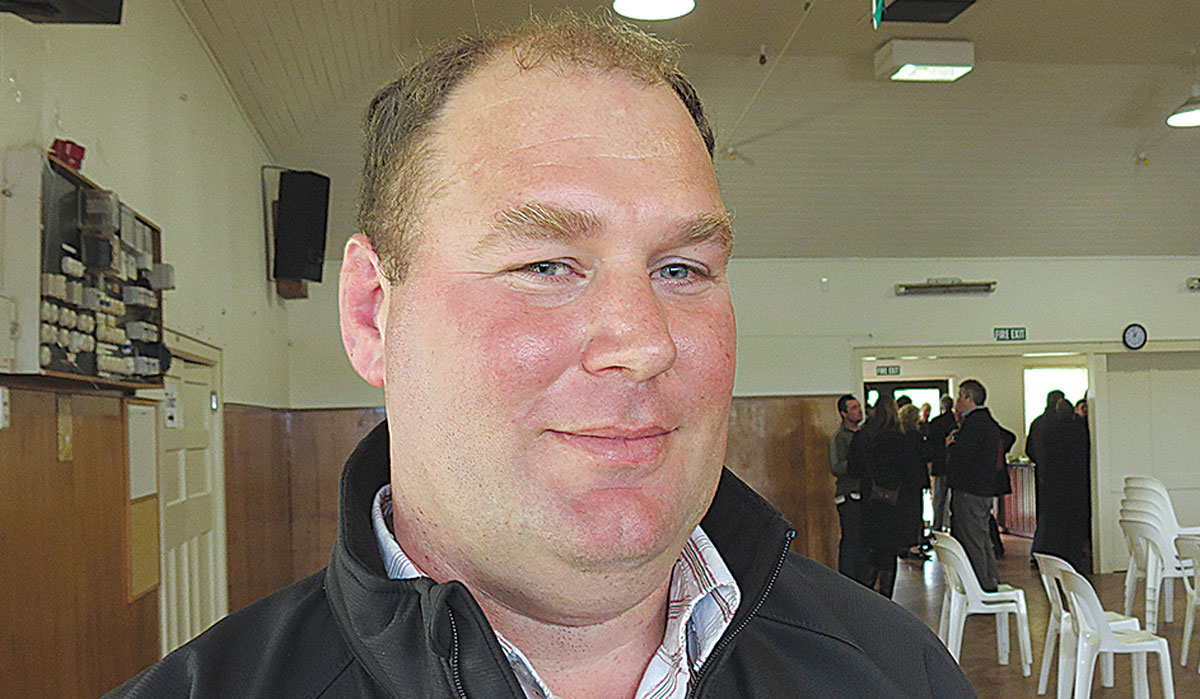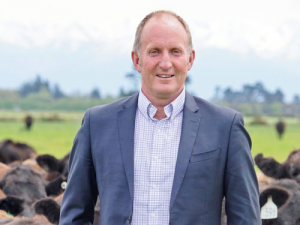Farming groups have described the newly passed emissions trading reform legislation as a ‘slap in the face’ that will not reduce the country’s carbon emissions.
“Put simply, the politicians didn’t listen and this legislation will not achieve the outcome New Zealand is after,” says Andrew Morrison, chairman of B+LNZ.
“It incentivises productive farmland being converted to pines planted not for wood but for carbon credits.”
Morrison says his organisation had asked for a clear mechanism in law that allows a limit to be placed on the use of forestry offsets, but the Government repeatedly ignored this request.
Federated Farmers has described the new emissions reforms as rushed, with serious flaws remaining – echoing the concerns of B+LNZ.
“A particular concern for farmers is that it incentivises the acceleration of productive farmland being converted to pines planted not for wood, but for carbon credits,” says Feds newly elected president Andrew Hoggard.
“We lose farm production from that land, and thus export dollars. We lose real jobs, and the districts’ schools, contracting businesses and community networks are gutted.
Beef+Lamb NZ agrees, saying that planting trees do not make carbon emissions go away.
“Exotic pines absorb carbon for around 17 years. If carbon emissions don’t change, the same amount needs to be planted to offset for the next 17 years,” Morrison explains. “This increases exponentially and sucks towns, schools and communities into a ‘green hole’.
Some 70,000 hectares of productive sheep and beef land have already been converted to forestry since 2019, with carbon-related investment as a major driver for this.
 |
|---|
|
Federated Farmers' newly elected president, Andrew Hoggard says the scheme incentivises pines being planted not for wood, but for carbon credits.
|
Last year, the Parliamentary Commissioner for the Environment Simon Upton recommended ending the use of forestry to offset fossil fuel emissions.
“Large-scale exotic afforestation will not address climate change issues,” Upton said at the time. “Allowing fossil fuel emitters unlimited ability to offset their pollution by planting trees – or ‘planting pollution on farms’ – allows the fossil fuel industry a get-out-of-jail-free card, while the pastoral industry is asked to pick up the tab for other industries’ pollution.”
B+LNZ says it is concerned about the impact of policies that look set to distort markets and economically incentivise wholesale land use change from pastoral-based farming into exotic trees for the sole purpose of carbon farming.
“This is a slap in the face to sheep and beef farmers, who have already reduced their industry’s greenhouse gas emissions by 30% since the 1990s,” Morrison says.
“Converting productive farmland to pine plantations for carbon credits is only a short-term solution to make progress on climate change targets, but one that will lead to severe long-term negative impacts, at a community and national level.”
Hoggard says Federated Farmers will continue to advocate for the development of a fit for purpose pricing mechanism that lowers global greenhouse gas emissions while not reducing food production.
“Unfortunately, this ETS reform legislation hinders rather than helps that mission.”




















